Actor, actress, niece, nephew... (A2)
Noun gender (225)
Rod podstatných jmen
Rod podstatných jmen – procvičování:
Na Landigo máme také pokročilejší lekci na stejné téma: Fiancée, fiancé... (B1)
I have bought a new phone. It is great!
| Neživotné: | a phone = it |
| a house = it | |
| a book = it |


V angličtině rozlišujeme mužský, ženský a střední rod. Podle rodu používáme různá zájmena (he, she, it...) a někdy také různá slovíčka (boy – girl, actor – actress...):
| Mužský |
Is he the actor from London?
|
|---|---|
| Ženský |
Who is the girl? Is she the actress?
|
| Střední |
I like that car. Is it yours?
|
Muži = mužský rod
Ženy = ženský rod
Ostatní = střední rod
Obecně platí, že slovíčka označující muže jsou rodu mužského. Slovíčka označující ženy jsou rodu ženského:
| Mužský | Ženský |
|---|---|
| man, boyfriend, Peter, Mr. Brown, husband, grandpa, prince... | woman, girlfriend, Jane, Mrs. Brown, wife, grandma, princess... |
Zvířata, věci a abstraktní pojmy jsou obvykle rodu středního:
| Střední |
|---|
| giraffe, spider, mosquito... |
| phone, book, pen, rain... |
| love, luck, happiness... |
Rody v angličtině neodpovídají vždy češtině. V češtině je např. TEN TELEFON mužského rodu a TA KNIHA ženského rodu. V angličtině jsou PHONE i BOOK středního rodu (= IT).
He = mužský rod
She = ženský rod
It = střední rod
Podle rodu se ke slovíčku vztahují různá zájmena (he, she, it...):
| Mužský |
He is a nice man.
|
|---|---|
|
Do you know him well?
|
|
|
His hair is red.
|
|
| Ženský |
She is a nice woman.
|
|
Do you know her well?
|
|
|
Her hair is red.
|
|
| Střední |
It is a nice house.
|
|
Can you see it?
|
|
|
Its roof is red.
|





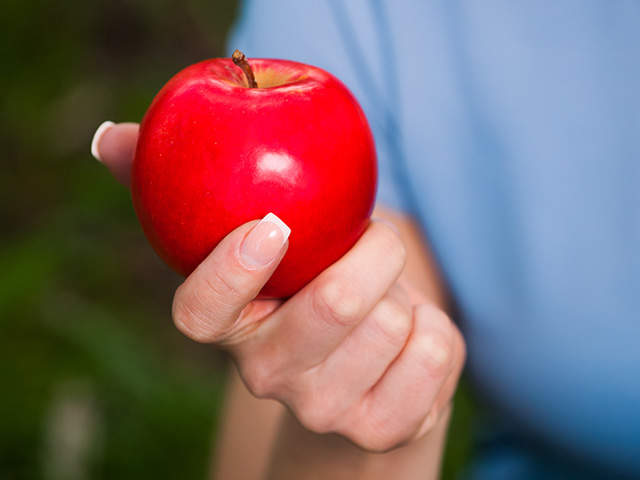

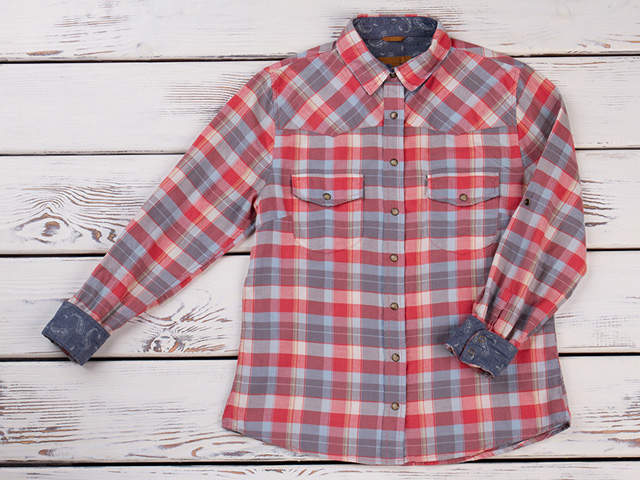
It = zvíře
He/she = domácí mazlíček
U zvířat často nezáleží na tom, jestli mluvíme o samečkovi nebo samičce, obvykle je bereme jako IT.
Pokud máme ke zvířeti velmi osobní vztah (např. k domácímu mazlíčkovi), používáme HE nebo SHE:
|
Do you remember when Carlos was still a puppy? He was so cute.
|
Pamatuješ si, jak byl Carlos ještě štěňátko? Byl tak roztomilý. |
|
Flonky is our favourite cat, so we let her sleep on the bed.
|
Flonky je naše oblíbená kočka, takže ji necháváme spát na posteli. |
There's a huge spider here! Come have a look at it.
| Zvíře – neosobní vztah: | it |

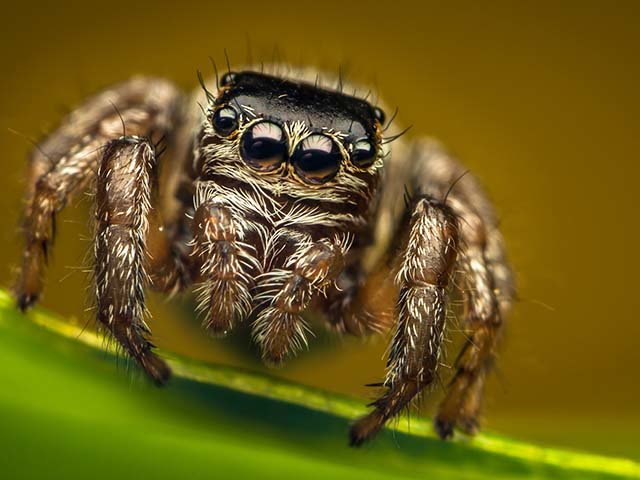
Kitty was fighting again. She is all dirty and her ear is scratched.
| Zvíře – blízký vztah: |
|
She is dirty and her ear...
|
|
He is dirty and his ear...
|

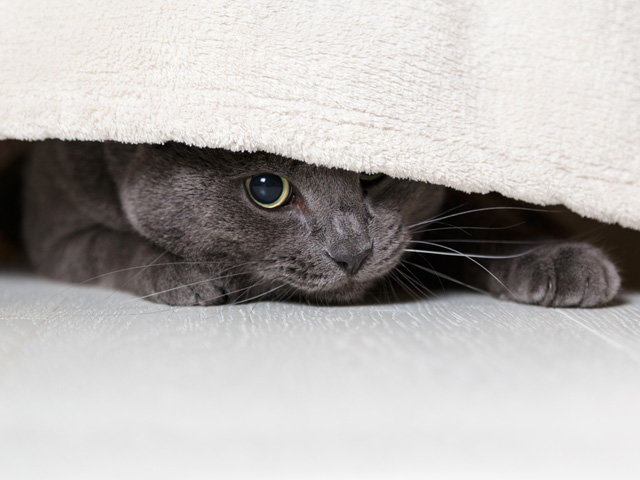
Boy – girl, actor – actress, king – queen...
Běžné rodové dvojice:

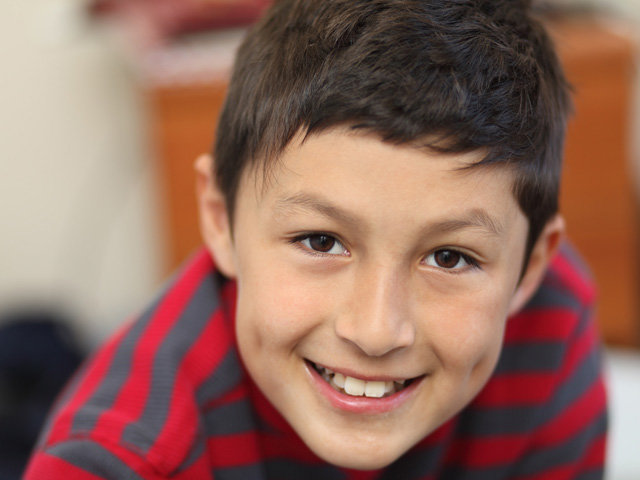









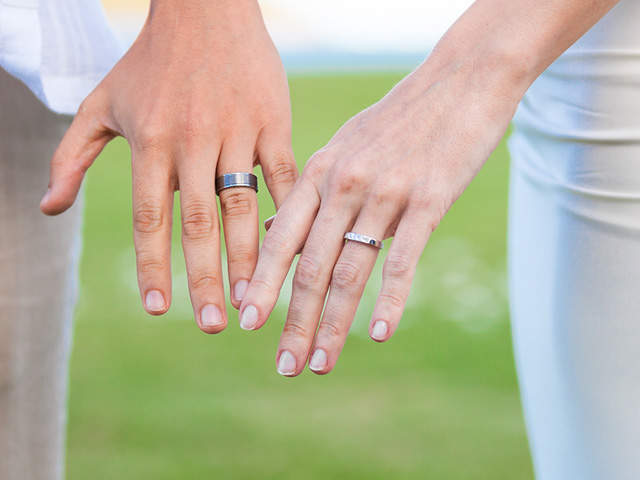















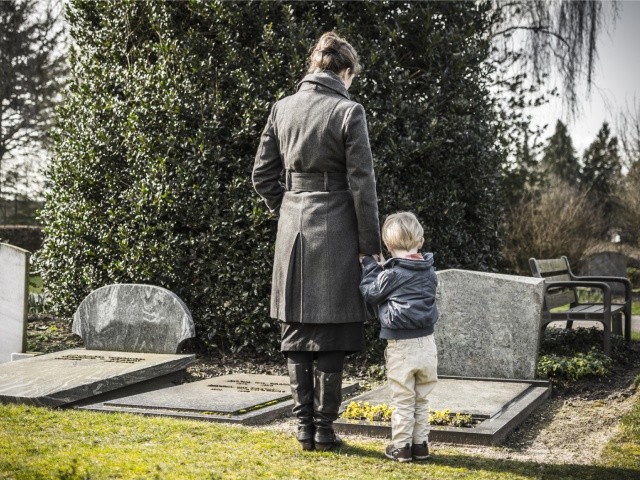





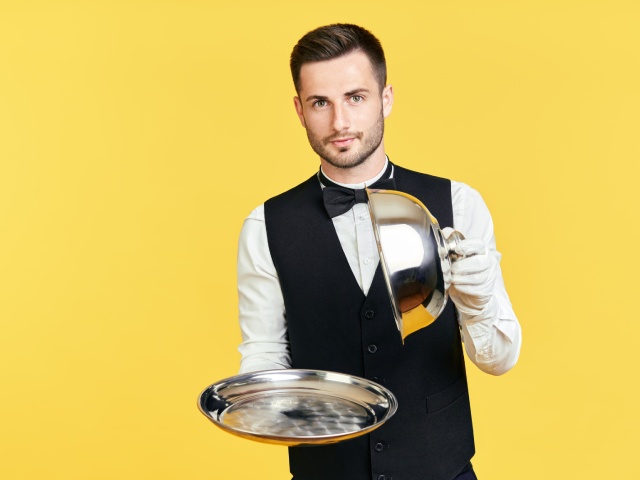

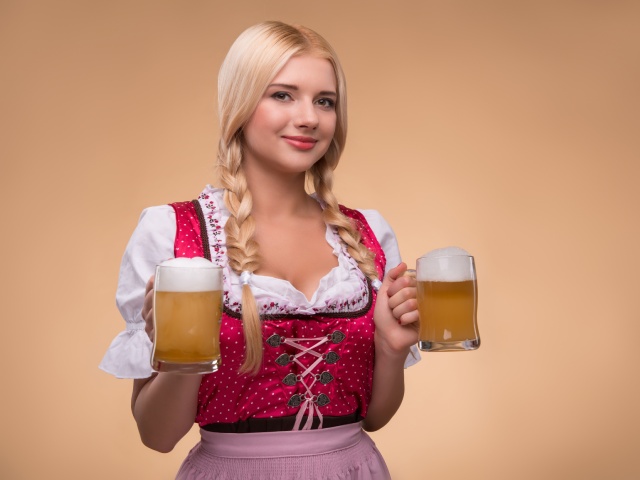





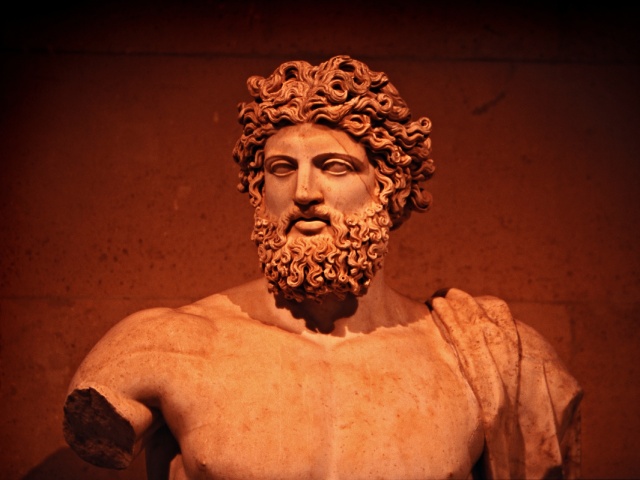

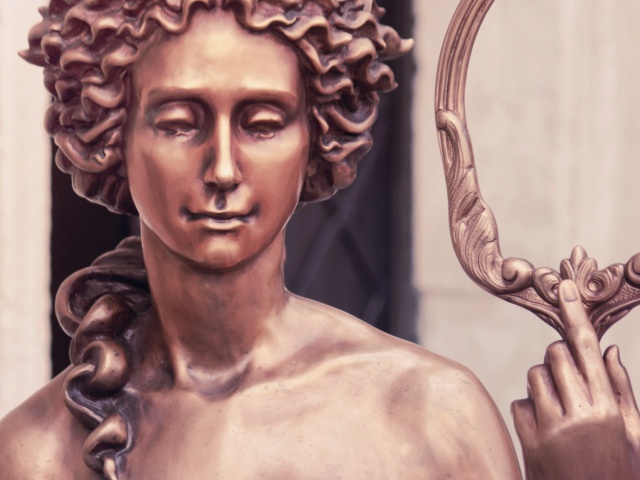

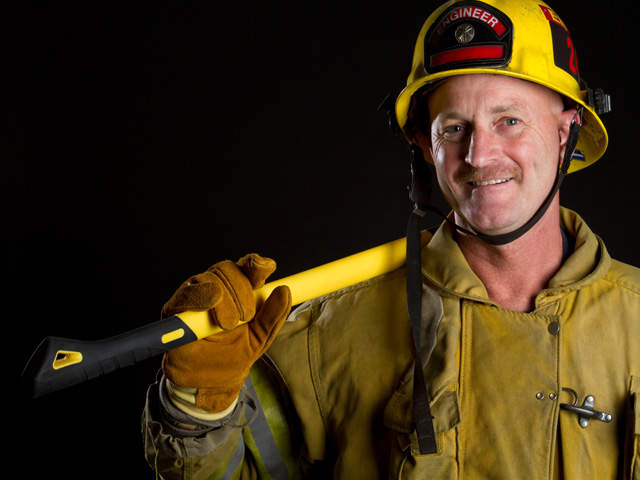



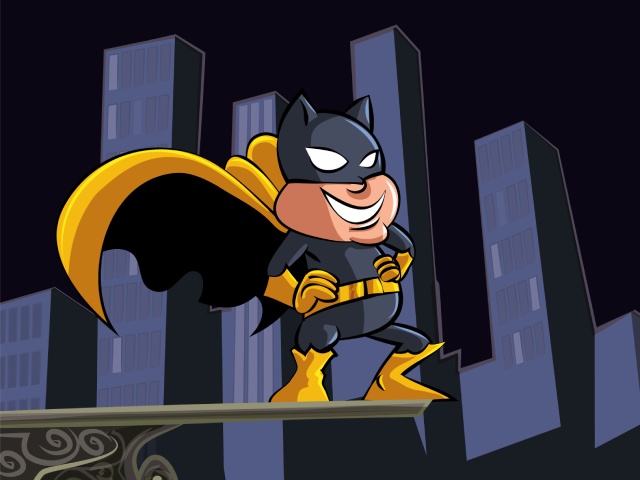



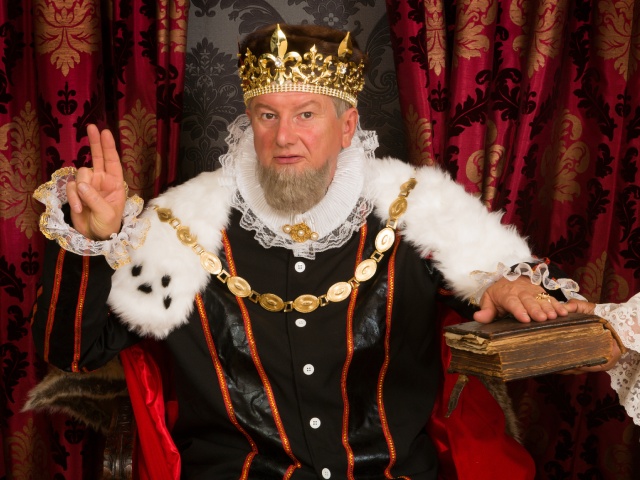

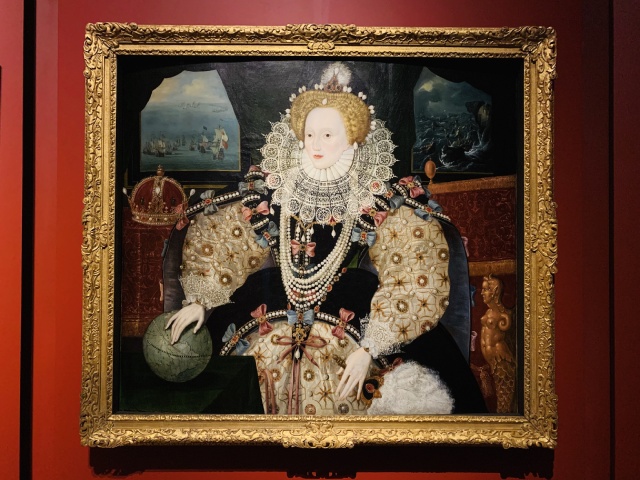




Rodové dvojice u zvířat:

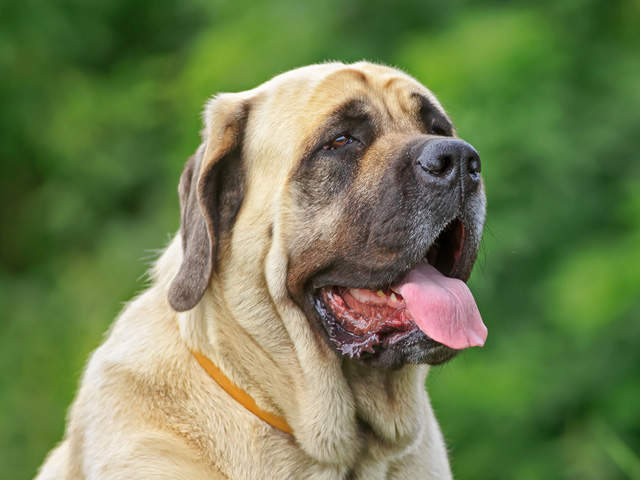

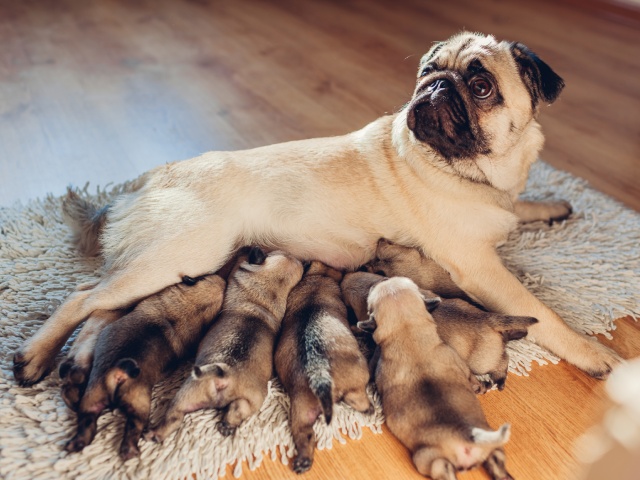

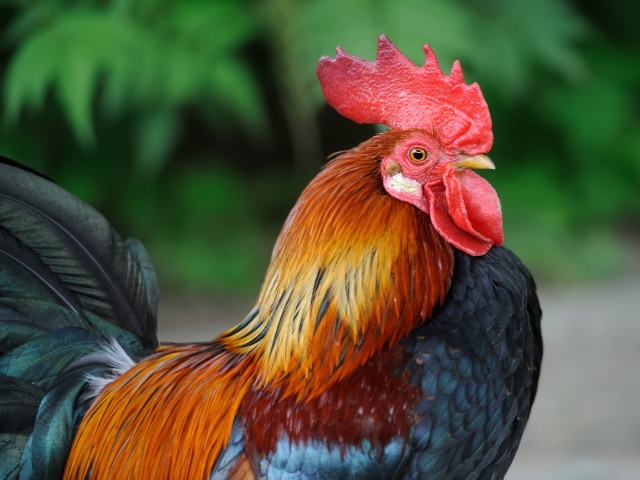

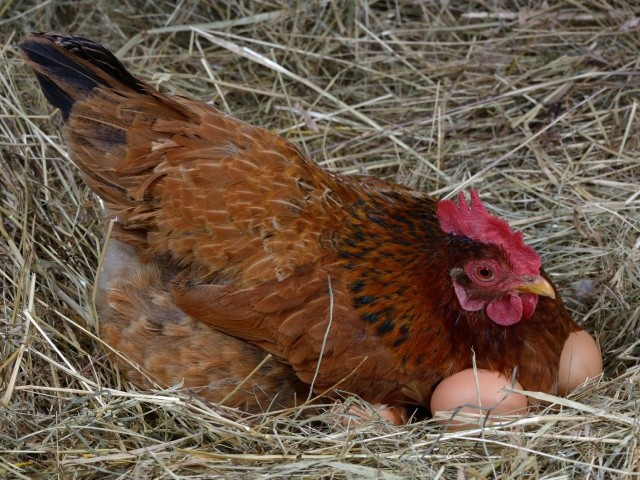

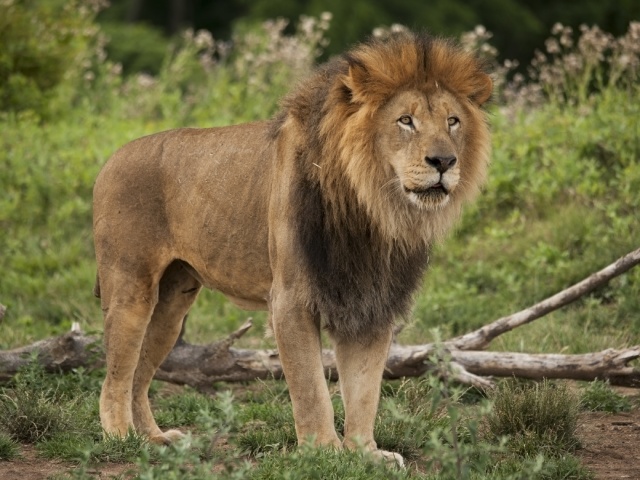

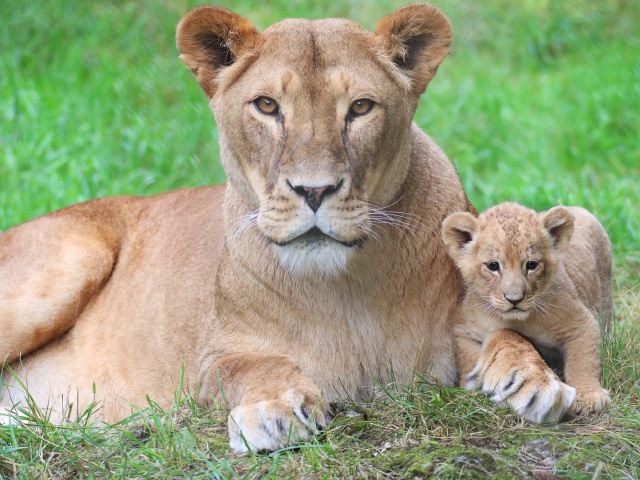

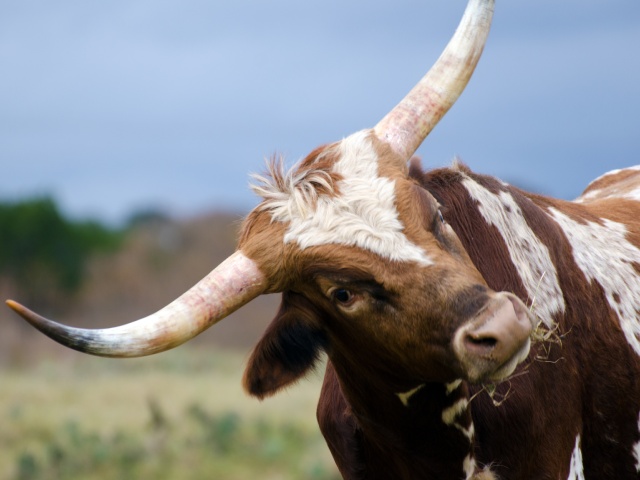

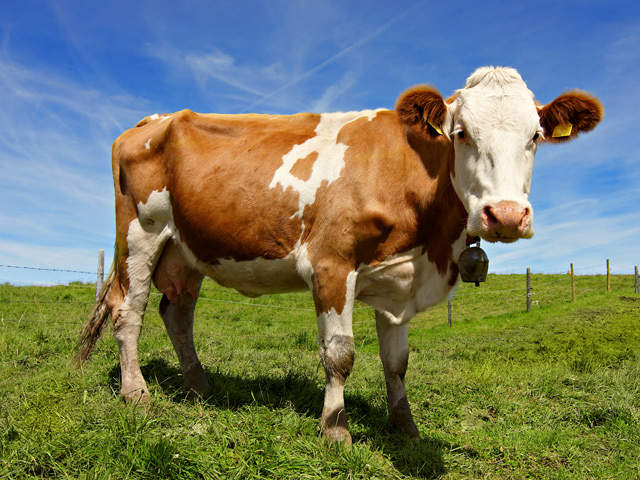

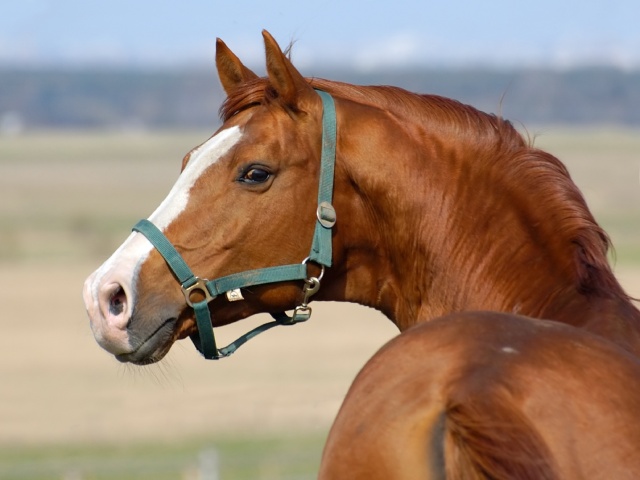

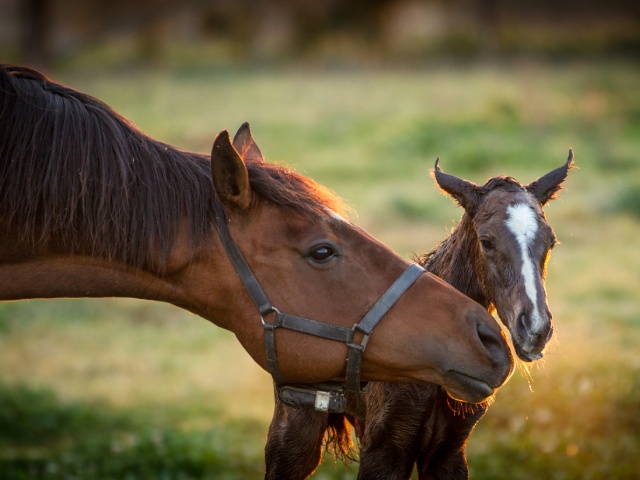



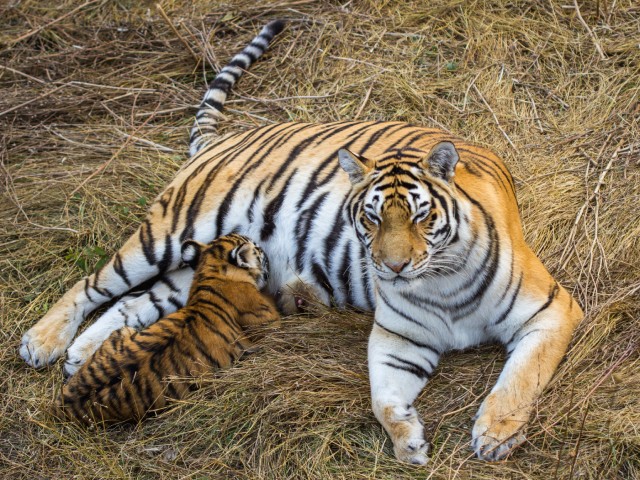
Doctor, teacher, friend...
Slovíčka typu DOCTOR, TEACHER, FRIEND jsou neutrální – označují jak ženu, tak i muže. Podle kontextu (= použití zájmen, vlastních jmen apod.) je často jasné, jestli jde o ženu nebo muže:
| Muž | Žena |
|---|---|
|
Matthew is a great friend. I can ask him anything.
|
She is a great friend. I can ask her anything.
|
Pokud u neutrálních slovíček nevíme, zda jde o ženu nebo muže, používá se obvykle zájmeno v množném čísle – THEY, THEM, THEIR...:
|
If a customer wants to order online, they need to log into their account.
|
Pokud si chce zákazník něco objednat přes internet, musí se přihlásit do svého účtu. |
|
Each student should do their homework.
|
Každý student by měl dělat své domácí úkoly. |
Matt Everton is a farmer and his sister is a farmer too.
| He: |
farmer
|
| She: |
farmer
|


Jimmy, call a parent and have them come get you.
| Muž i žena: |
|
Call a parent and have them come get you.
|


A person should always enjoy their vacation.
| Muž i žena: |
|
A person should enjoy their vacation.
|


Moje rodina
A1:Cvičení: Moje rodinaI'm flying to New York to visit my niece.
| She: |
niece
|
| He: |
nephew
|


Every parent should help their child with homework.
| Muž i žena: |
|
Every parent should help their child.
|


Povolání
A1:Cvičení: PovoláníWhat does your cousin do? – She's a dentist.
| She/he: |
|
What does your cousin do? – She's a dentist.
|
|
What does your cousin do? – He's a dentist.
|


Zvířata
A1:Cvičení: ZvířataYesterday, Ben caught a fish. It was huge!
| Zvíře – neosobní vztah: | it |

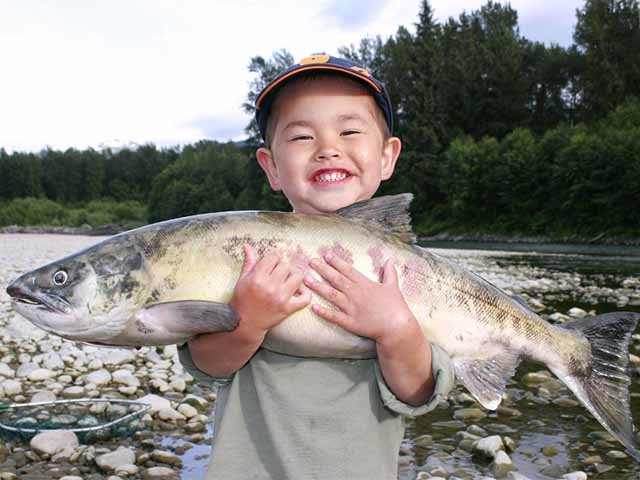
My dog is smart. He always listens to me.
| Zvíře – blízký vztah: |
|
He listens...
|
|
She listens...
|

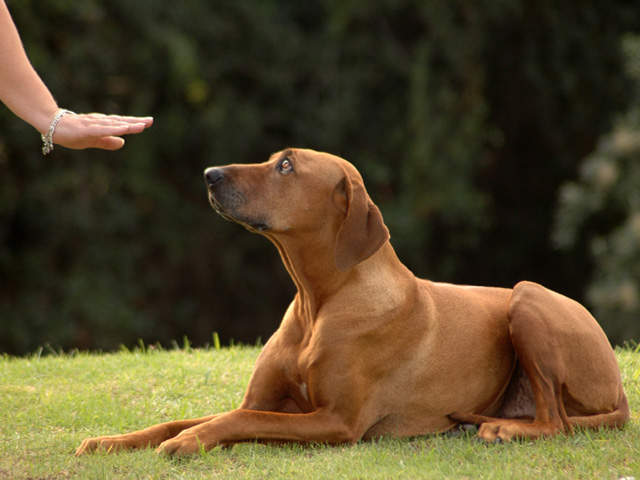
Rod podstatných jmen – nejdůležitější body a tip na závěr:
- HE → muži (man, boy, Peter, husband...)
- SHE → ženy (woman, girl, Jane, wife...)
- IT → věci a abstraktní pojmy (phone, love...)
- IT → zvířata bez osobního vztahu (spider, mosquito...)
- HE/SHE → domácí mazlíčci (dog, cat...)
- Doporučujeme si procvičit rod podstatných jmen (noun gender) v našich cvičeních.
